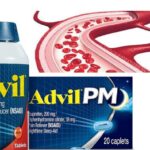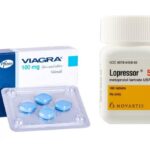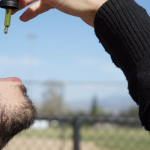Can You Take Viagra With Blood Thinners?
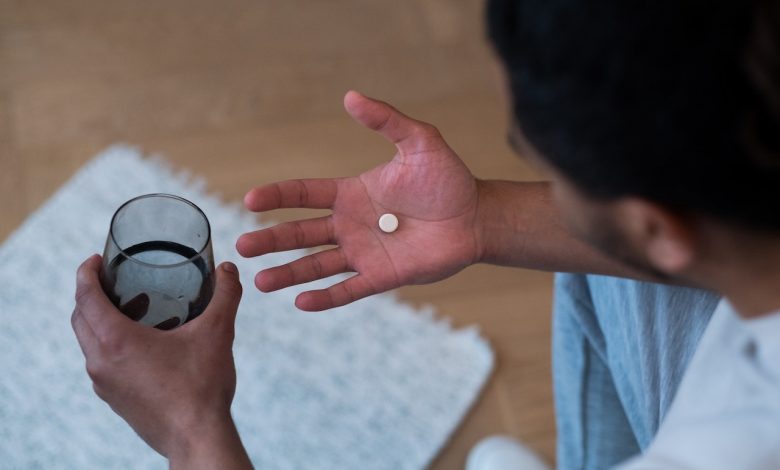
What are blood thinners?
Blood thinners also known as anticoagulants are medications taken orally or intravenously (through a vein) to help prevent blood clots. They’re given to people at a high risk of getting clots, to reduce their chances of developing serious conditions such as strokes and heart attacks.
A blood clot is a seal created by the blood to stop bleeding from wounds. While they’re useful in stopping bleeding, they can block blood vessels and stop blood from flowing to organs such as the brain, heart, or lungs if they form in the wrong place.
Types of Blood Thinners
There are two. The first is called anticoagulants. These keep your blood from clotting or turning into solid clumps of cells that stick together. Most come in pill form though some such as heparin, fondaparinux, dalteparin, and enoxaparin are given as a shot or as an intravenous infusion. Some of the more widely known anticoagulants include:
• Apixaban (Eliquis)
• Dabigatran (Pradaxa)
• Dalteparin (Fragmin)
• Edoxaban (Savaysa)
• Enoxaparin (Lovenox)
• Fondaparinux (Arixtra)
• Heparin (Innohep)
• Rivaroxaban (Xarelto)
• Warfarin (Coumadin, Jantoven)
The second class of blood thinners is called antiplatelets. These target tiny particles in the blood called platelets. They come in pill form and include:
• Aspirin
• Cilostazol
• Clopidogrel (Plavix)
• Dipyridamole (Persantine)
• Eptifibatide (Integrilin)
• Prasugrel (Effient)
• Ticagrelor (Brilinta)
• Tirofiban (Aggrastat)
• Vorapaxar (Zontivity)
How do blood thinners work?
Blood thinners don’t actually make your blood thinner. Nor can they break up clots. But they do keep blood from forming new clots. They can also slow the growth of existing ones.
Some anticoagulants do this by competing with vitamin K from the liver. Your body needs this to make proteins called clotting factors. These help blood cells and platelets (tiny pieces of blood cells) bind together.
Antiplatelets keep platelets from sticking to each other and to the walls of blood vessels. These drugs are weaker than anticoagulants. They’re often prescribed to people at risk for future blood clots, rather than to treat existing ones.
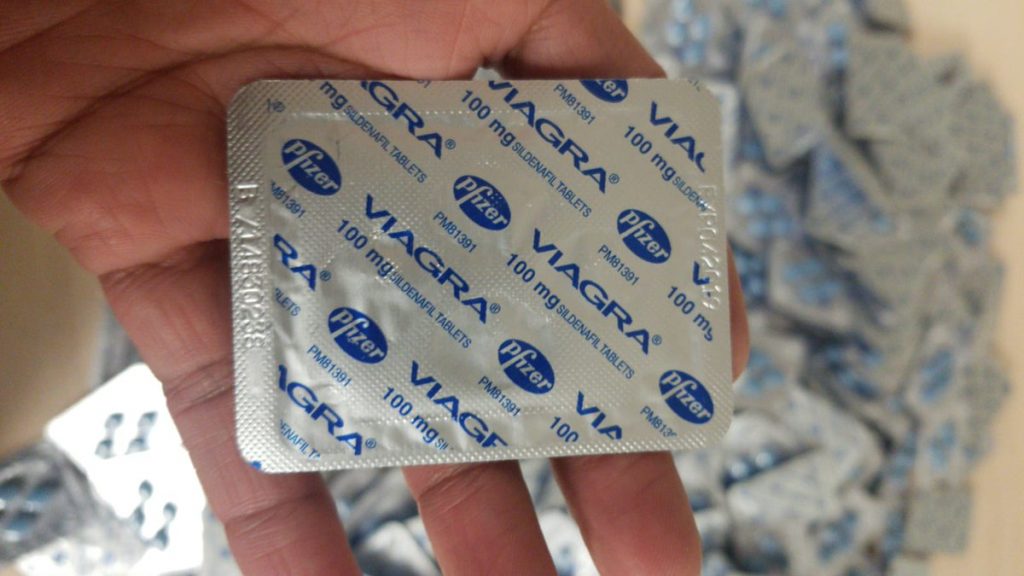
What is Viagra?
Viagra is a brand of sildenafil approved to treat erectile dysfunction (ED). Erectile dysfunction, also known as impotence, is defined by difficulty getting and keeping an erection. It can be an embarrassing thing to talk about. It’s been reported that more than half of men between the ages of 40 and 70 experience some form of ED. So take comfort in knowing that you are not alone
Viagra belongs to a class of drugs called phosphodiesterase type 5 (PDE5) inhibitors and typically starts to work between 30 and 60 minutes after you take a dose of the drug. But Viagra itself doesn’t give you an erection or increase penile size. Instead, you’ll need to be sexually aroused in order for the drug to work.
Viagra comes as tablets that are taken by mouth. In most cases, it should be taken about an hour before sexual activity, but it can be taken 30 minutes to 4 hours beforehand. Viagra is available in three strengths: 25 mg, 50 mg, and 100 mg.
Can You Take Viagra With Blood Thinners?
Yes, most men can safely take Viagra with blood thinners such as warfarin (Coumadin) and enoxaparin (Lovenox). However, discuss with your doctor or healthcare provider before taking Viagra with blood because the combination can trigger a sudden decrease in blood pressure that may cause you to feel dizzy, faint, or experience a heart attack or stroke.
Remember to always take your blood thinner as directed. For example, some blood thinners need to be taken at the same time of day, every day. Never skip a dose, and never take a double dose.
What drugs, supplements, and foods interact with blood thinners?
Like any other medication, blood thinners can interact with drugs, foods, vitamins, or herbal supplements. The interaction might lower the effectiveness of blood thinners or increase the risk of bleeding.
Common drugs that can interact with blood thinners include:
• Aspirin or aspirin-containing products
• Acetaminophen (Tylenol, others) or acetaminophen-containing products
• Antacids or laxatives
• Many antibiotics
• Antifungal medications, such as fluconazole (Diflucan)
• Cold or allergy medicines
• Ibuprofen (Advil, Motrin IB, others) or naproxen sodium (Aleve, others)
• Medications that treat irregular heart rhythms, such as amiodarone (Pacerone, Nexterone)
Common supplements that can interact with blood thinners include:
• Dong quai
• Garlic
• Ginkgo biloba
• Ginseng
• Green tea
• St. John’s wort
• Vitamin E
Common foods and drinks that might interact with blood thinners include:
• Alcohol
• Cranberries or cranberry juice
• Garlic
• Grapefruit
• Black licorice
Possible side effects of blood thinners
Blood thinners may cause side effects in some people. Excessive bleeding is the most common reaction. It can occur in a variety of ways, including:
• heavy periods
• bloody or discolored urine or feces
• nosebleeds
• bleeding gums
• prolonged bleeding from a cut
Other side effects can include:
• dizziness
• muscle weakness
• hair loss
• rashes
The presence of blood thinners in your system can increase your risk of internal bleeding after an injury. Go to the hospital right away if you experience any of these side effects after falling or bumping your head — even if you don’t have external bleeding.
Your doctor may tell you to limit your participation in contact sports to reduce the risk of bleeding. However, this doesn’t mean you can’t exercise or live a normal life. Swimming, walking, and jogging are excellent forms of exercise and are safe for most people taking anticoagulants. Discuss with your doctor which types of exercise may be best for you.
Tell your dentist that you’re taking blood thinners to avoid excessive bleeding during regular teeth cleanings.
It’s also important to protect yourself when using knives, scissors, or yard equipment.


